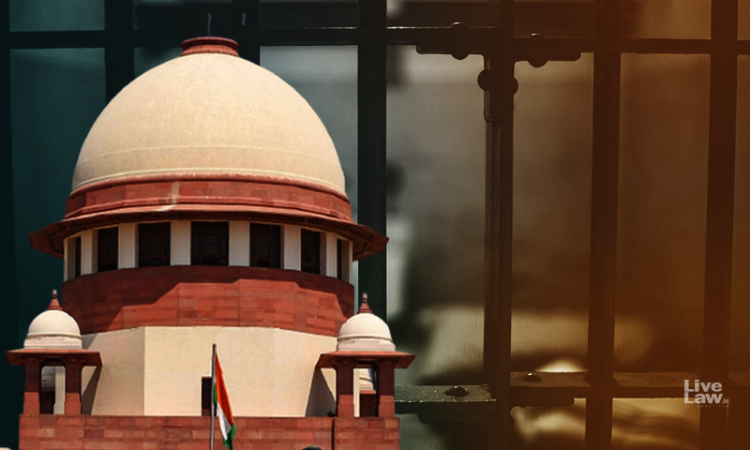Death Row Prisoner Kept In Solitary Confinement? Supreme Court Directs District Judge To Conduct Inspection
Sohini Chowdhury
23 April 2022 7:38 PM IST

Next Story
23 April 2022 7:38 PM IST
Upon being apprised that a death row prisoner (petitioner) had been kept in solitary confinement, the Supreme Court, on Thursday, directed the District Judge, Belgaum(Karnataka) to conduct a local inspection of the ground realities of the circumstances in which he was lodged in a separate cell. The issues to be covered by the District Judge in their report, though not exhaustively,...
